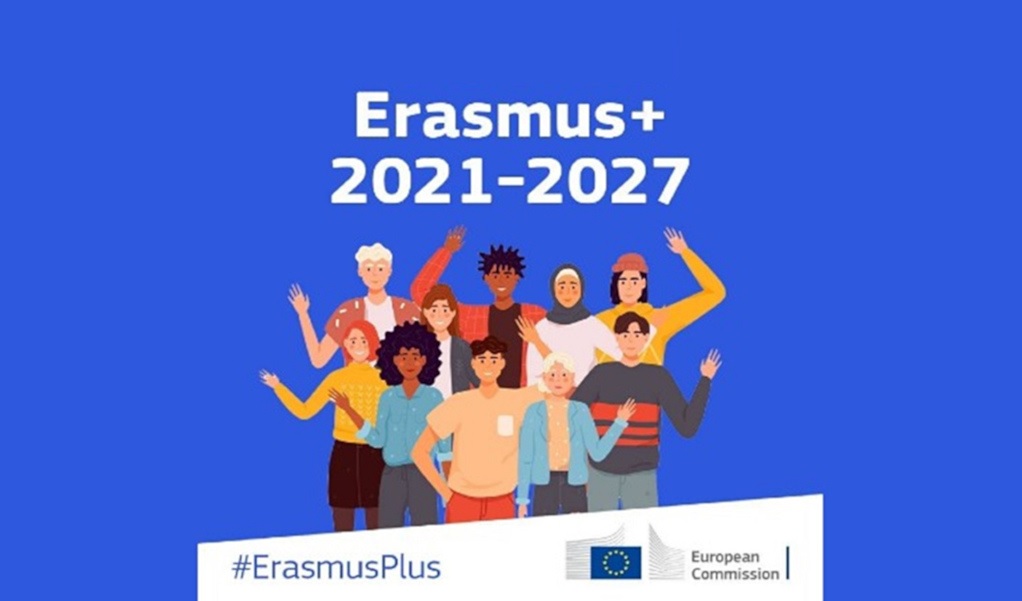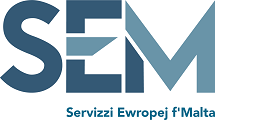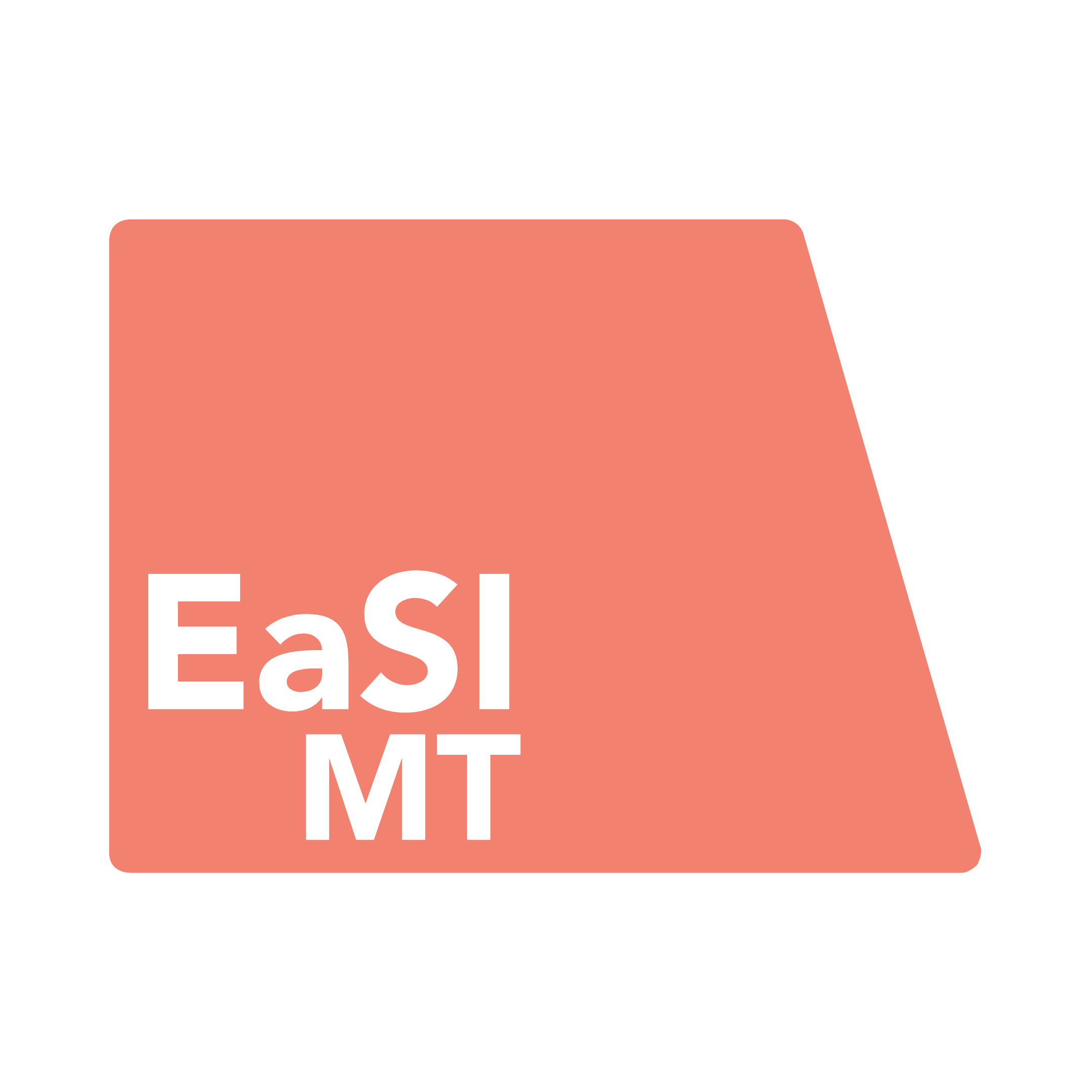EU Funding for Education, Training, Youth & Sport
Article written by Andrea Camilleri, Executive at Servizzi Ewropej f’Malta
Published in The Malta Independent

The recently launched Erasmus+ EU funding programme will represent the most significant investment by the European Union in citizens’ mobility and cooperation.
Erasmus+ is the EU’s programme for education, youth, training and sport. It serves as one of the main tools of the EU for investment in these areas. The new Erasmus+ programme, which will operate for the period 2021-2027, will have a budget of €26.2 billion. This represents a significant increase in investment, when compared to the 2014-2020 period, which had a budget of €14.7 billion. This increase in budget will provide more opportunities to youths, students and citizens to take part in projects funded by the programme.
The Erasmus+ programme is quite vast in the opportunities it offers, with these targeting a number of different demographics, levels of education and also partnerships.
The funding programme includes three different Key Actions: Key Action 1 – Mobility of individuals; Key Action 2 – Cooperation among organisations and individuals; Key Action 3 – Support to policy development and cooperation. In addition to these Key Actions, the programme also provides funding opportunities in the field of higher education and in other fields of education and training through the Jean Monnet actions.
Key Action 1 is focused on mobility projects whereby organisations such as NGOs, public entities and schools have the opportunity to engage in projects with foreign partners that involve mobilities abroad in order to provide the project’s participants with a learning and/or professional experience.
These can be in the form of youth exchanges, where persons aged between 13 and 30 can go abroad, to one of the partner countries and take part in non-formal education activities. An example of such a project is the ‘Diverse’ project implemented by Frame Football Malta. In this project, 34 youths – 17 of which were persons with a disability – engaged in a mobility in Italy. This mobility focused on activities based on non-formal education, fostering inclusion amongst the participants.
The focus of Key Action 2 is that of creating partnerships between organisations which go beyond the aspect of a mobility. The aim for the creation of these partnerships is that these lead to projects which will develop and implement innovative practices. By way of example, two forms of partnerships which can be created under this Key Action are the ‘Cooperation Partnerships’ and ‘Small-scale Partnerships’. Both types of partnerships operate in a similar nature. The difference is that Cooperation Partnerships are larger in scope and funding, while at the same time the project consortium needs to consist of more partner organisations. The small-scale partnerships offer the opportunity to organisations, which are either of a smaller nature or have limited experience in EU funding, to engage in partnership projects which are more in line with their size and experience.
Partnerships for cooperation can operate in a number of different sectors, such as in the field of sports, youth, school, vocational, adult and also higher education. This provides the opportunity to a number of different types of organisations to engage in such cooperation projects.
In addition to the creation of such partnerships, Key Action 2 also provides opportunities for capacity building projects in the field of youth which support cooperation and exchange between organisations in Programme countries (EU countries and another six States bordering the EU, including Norway and Serbia) and Partner countries (non-EU States) in the field of youth.
When it comes to sport, Key Action 2 supports the preparation, organisation and follow up of not-for-profit sport events, organised either in one single country or in several countries by not-for-profit organisations or public bodies.
Key Action 3 operates somewhat differently than the other Key Actions, in that its focus is to provide funding for projects which lead to the development of new policies which can lead to change and reforms at local and European level. These reforms can take place in the fields of education, training, youth and sport.
For information on the Erasmus+ programme or any other matter related to the EU, kindly contact SEM on 2200 3300 or info.sem@gov.mt.


